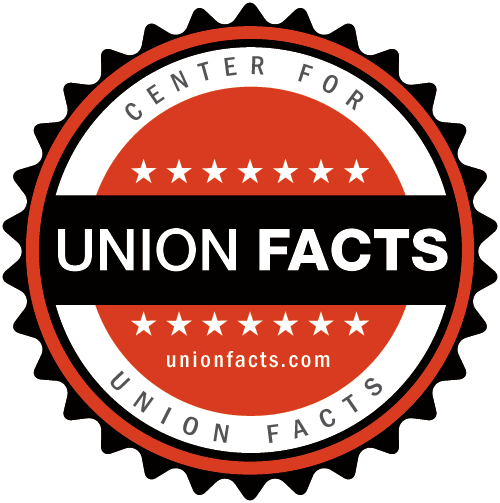Unfair Labor Practices
 When most people think of labor law violations, they probably think of “Big Business.” But employees, employers, and labor organizations file thousands of charges each year called Unfair Labor Practices against unions and union officials.
When most people think of labor law violations, they probably think of “Big Business.” But employees, employers, and labor organizations file thousands of charges each year called Unfair Labor Practices against unions and union officials.
An Unfair Labor Practice (ULP) occurs when a union or an employer violates Section 8 of the National Labor Relations Act. Union members commonly file ULPs against their union because the union failed to fairly represent its members. Employees also file ULPs against union leaders for intimidation, coercion, violence, and many other labor law violations.
How to File a ULP
To file a ULP against a union, a union member must fill out NLRB Form 508. Be advised that the NLRB doesn’t have jurisdiction to investigate all unfair employment issues. The NLRB will investigate the allegations and either dismiss the case, seek a settlement from the union, or issue a formal complaint. Union members may also withdraw the complaint. If, after filing a complaint, the union refuses to settle the issue, the case will be heard by an Administrative Law Judge. Depending on the outcome, the NLRB will either issue an order or dismiss the case.
The National Labor Relations Board has more information on the Unfair Labor Practice process.
Examples of Unfair Labor Practices by a Union
The National Labor Relations Board provides the following examples of ULPs by unions:
- Mass picketing in such numbers that nonstriking employees are physically barred from entering the plant;
- Acts of force or violence on the picket line, or in connection with a strike;
- Threats to do bodily injury to nonstriking employees;
- Threats to employees that they will lose their jobs unless they support the union’s activities;
- Statement to employees who oppose the union that the employees will lose their jobs if the union wins a majority in the plant ;
- Entering into an agreement with an employer that recognizes the union as exclusive bargaining representative when it has not been chosen by a majority of the employees;
- Fining or expelling members for crossing a picket line that is unlawful under the Act or that violates a no- strike agreement;
- Fining employees for crossing a picket line after they resigned from the union;
- Fining or expelling members for filing unfair labor practice charges with the Board or for participating in an investigation conducted by the Board;
- Refusing to process a grievance in retaliation against an employee’s criticism of union officers;
- Maintaining a seniority arrangement with an employer under which seniority is based on the employee’s prior representation by the union elsewhere;
- Rejecting an application for referral to a job in a unit represented by the union based on the applicant’s race or union activities;
- Causing an employer to discharge employees because they circulated a petition urging a change in the union’s method of selecting shop stewards;
- Causing an employer to discharge employees because they made speeches against a contract proposed by the union;
- Making a contract that requires an employer to hire only members of the union or employees “satisfactory” to the union;
- Causing an employer to reduce employees’ seniority because they engaged in antiunion acts;
- Refusing referral or giving preference on the basis of race or union activities in making job referrals to units represented by the union, and;
- Seeking the discharge of an employee under a union-security agreement for failure to pay a fine levied by the union.

